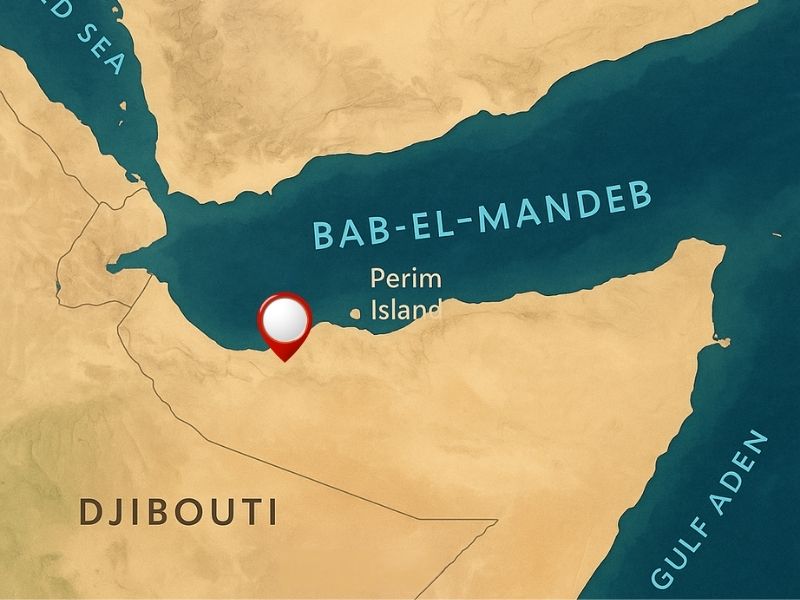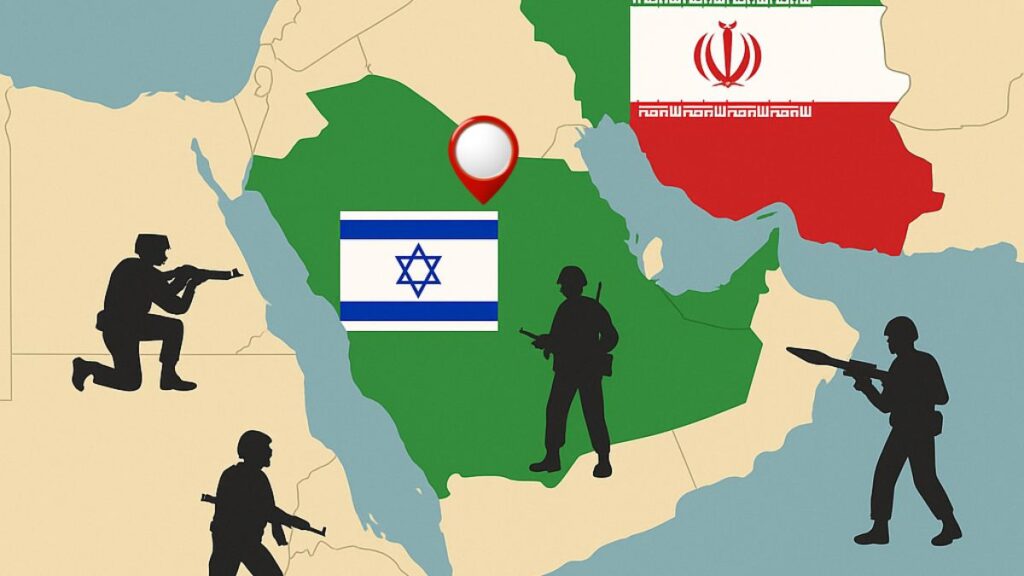The escalating conflict between Iran and Israel has sparked growing fears of a potential global war. The situation intensified after the United States reportedly carried out airstrikes on Iran’s nuclear facilities, while Israel continues to ramp up its military operations in the region.
Now, the question is no longer whether there will be a war—but who will stand with Iran if it happens. As tensions in the Middle East continue to rise, Iran finds itself increasingly isolated on the global stage.
Western powers have already sidelined the country diplomatically, while many Islamic organizations and regional blocs have remained silent or neutral.
In this article, we will find out which countries could support Iran if a full-scale war breaks out.
Russia
Russia and Iran share a strong relationship. After 2022, when Iran provided Shahed drones to Russia for the Ukraine war, Russia, in return, extended military and diplomatic support to Iran.
Both countries are also facing Western sanctions.Russia might avoid openly supporting Iran in a direct war, but it can still help by providing weapons and intelligence.
The relationship between Iran and Russia has remained strong, especially in recent years. Since Russia holds veto power in the United Nations, it may use that power to diplomatically protect Iran from international pressure.
China
China is Iran’s biggest oil buyer. However, to maintain stability in the region and protect its trade routes, China will likely avoid any direct military involvement.
If a full-scale war breaks out between Iran and Israel, China may oppose any strong anti-Iran moves on international platforms. It can indirectly support Iran by purchasing large quantities of oil and may also offer some non-military assistance.
But according to most experts, it is highly unlikely that China will directly take part in any war between Iran and Israel.
Syria
When the civil war broke out in Syria under the leadership of Bashar al-Assad, Iran supported Syria both financially and militarily to help him regain control over lost areas.
In return, Syria may support Iran in case of a major conflict. It can allow Iran to use its airports for air operations, provide ground support, and even assist through other means via the Golan Heights region.
Syria can also become an active ally of Iran in a possible Iran-Israel war.
Lebanon
Hezbollah, based in southern Lebanon, is Iran’s biggest proxy group. It has around 100,000 rockets, battlefield experience, and is fully funded by Iran.
In the event of a global war, Hezbollah can open another front by engaging Israel in the northern region.
Apart from this, it can also launch missile attacks directly on Israeli targets. Once Hezbollah gets involved, the conflict may spread across multiple fronts.
Iraq’s Shia Militias
Iraq can remain publicly neutral in the conflict between Israel and Iran, but Iraq’s Shia militia group supports Iran.
To support Iran, this group can attack its air bases in Iraq and Syria, disrupt logistics and fuel supply, and create instability in the Middle East.
Apart from this, Iran and Iraq share a border length of approximately 1,600 kilometers, and Iran’s cultural and religious influence is present in Iraq’s Parliament Street, which makes this group symmetrical with Iran.
Yemen (Houthi Rebels): The Red Sea Disrupters
Yemen’s Houthi rebels, who are supported by Iran, can block the Red Sea using Iranian-supplied drones and missiles. This group can attack ships belonging to Israel.

Bab al-Mandeb, which connects the Red Sea to the Gulf of Aden, can become a point of chaos. This group, supported by Iran, is quite adept at guerrilla warfare.
🇮🇷 Iran ke Supporters in the Iran-Israel War
| Country / Group | Support Type | Involvement Level |
|---|---|---|
| Hezbollah (Lebanon) | Missiles, drone strikes, ground fighters | High – Direct proxy attacks on Israel |
| Houthis (Yemen) | Drone and missile attacks on Red Sea ships | Medium – Naval harassment & threats |
| Iraq’s PMF (Shia Militias) | Rockets, drones, cyber warfare | Medium – Possible attacks on U.S. bases |
| Syria | Military corridor for Iranian weapons | Low – Strategic ally, indirect support |
| Russia | Diplomatic backing, arms flow (unofficial) | Low – Silent alignment, no direct action |
| China | Political/diplomatic neutrality | Low – Economic ally, no military support |
| Pakistan | Moral/diplomatic statements only | Very Low – No direct or indirect support |
| Qatar | May offer de-escalation platform | Neutral – No military support |
Possible Supporters (Not Confirmed)
Pakistan has condemned the attack by America on Iran’s three nuclear sites, but there is no information from any sources indicating that Pakistan will directly or indirectly support Iran in the war against Israel.
In response, Iran has attacked America’s air base in Qatar, so Qatar will also not directly support Iran militarily but may offer to mediate for de-escalation.
Qatar, located about 190 kilometers south of Iran across the Persian Gulf, hosts around 10,000 U.S. troops and serves as the headquarters of America’s Central Command at the Al Udeid Air Base.
Following Iran’s attack on the base, Qatar has not taken any retaliatory action so far. For now, it remains largely neutral in this conflict.
India is closely monitoring the escalating conflict between Iran and Israel. As tensions continue to rise in the Middle East, India has expressed deep concern over the situation.
Maintaining strong diplomatic and economic ties with both Israel and Iran, India has so far remained neutral.
At the same time, it has consistently condemned terrorism and called for peace and dialogue to resolve the crisis.
Conclusion
Iran will not be completely alone in this war, but its allies are unlikely to offer open military support. Instead, Iran is expected to rely on its powerful network of proxy groups, which can assist through drone strikes, missile attacks, and cyber warfare. These proxies, operating across the Middle East, give Iran the ability to wage asymmetric warfare without direct involvement from its official military.
